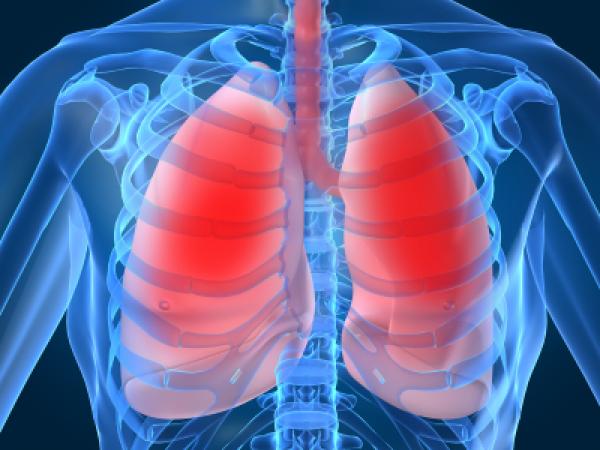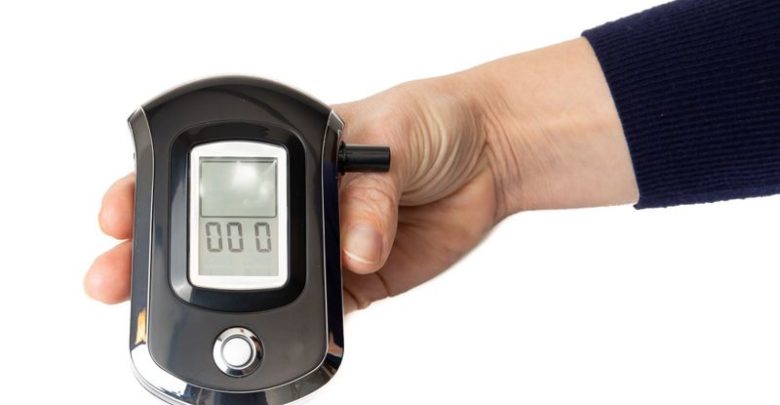Mesothelioma is a type of cancer that grows rapidly and is caused due to excessive exposure to asbestos. Now diagnosing Mesothelioma has become simple, as you only require undergoing a breath test for diagnoses.

A group of researchers from Netherlands have devised an innovative electronic nose- whose effects they have been testing in their labs for quite some time. This devise would be able to detect mesothelioma by just smelling breath. It is generally quite difficult for diagnose mesothelioma as the symptoms are similar to various lung-related ailments. Since the volume of liquids is quite low, therefore it is not possible to detect the presence of fluid during the course of a regular check-up.
In the event of mesothelioma, the volume of pleural fluid increases and this results in various pulmonary-related symptoms. A diagnosis is particularly required when the fluid starts building up. There are other methods of diagnosing the disease, which are considered very effective; however, they cause many side effects particularly in the aged patients, who are usually more susceptible to it.
A team of doctors from the Department of Respiratory Medicine at the University of Amsterdam Medical Centre performed experiments on Cyranose 320- the electronic nose to check whether it could detect people suffering from mesothelioma from people that did not suffer from the disease although they were exposed to asbestos for a long period. The Cyranose 320 is a devise that contains a 32-sensor chip and is hand-held. It can “smell print” the various chemical compounds present in breath that point towards a certain disease.

Through their study, this group of researchers took a sample of 13 people suffering from mesothelioma and 13 others who had long-term exposure to asbestos. The latter formed the “control group” and the breath samples were collected from either group by the electronic nose. Thereafter, the breath prints underwent testing and were then analysed and mapped. The results derived were then crosschecked to determine the accuracy of the device.
The results were very encouraging as the Cyranose 320 displayed great accuracy and was able to detect the patients suffering from mesothelioma with 85.7% specificity and 92.3% sensitivity. Even after repeated tests on the similar patients, the results that were yielded remained unchanged. The Dutch research team concluded in that the breath prints collected by the electronic nose device has proved to be a potential tool for identifying mesothelioma in patients.


